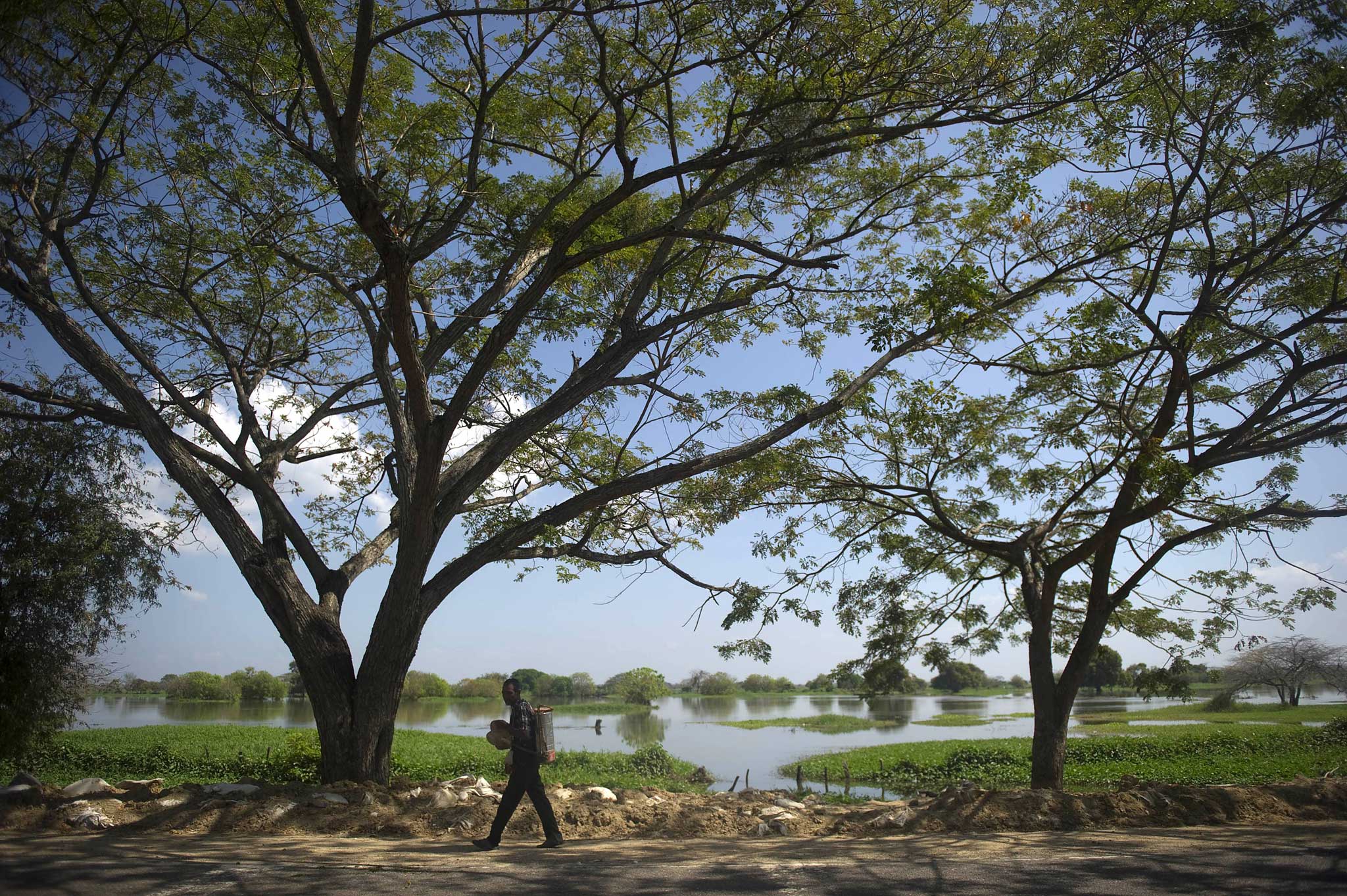The Robber of Memories, By Michael Jacobs
This meditative Colombian river trip is travel writing at its best

Your support helps us to tell the story
From reproductive rights to climate change to Big Tech, The Independent is on the ground when the story is developing. Whether it's investigating the financials of Elon Musk's pro-Trump PAC or producing our latest documentary, 'The A Word', which shines a light on the American women fighting for reproductive rights, we know how important it is to parse out the facts from the messaging.
At such a critical moment in US history, we need reporters on the ground. Your donation allows us to keep sending journalists to speak to both sides of the story.
The Independent is trusted by Americans across the entire political spectrum. And unlike many other quality news outlets, we choose not to lock Americans out of our reporting and analysis with paywalls. We believe quality journalism should be available to everyone, paid for by those who can afford it.
Your support makes all the difference.I t is impossible to write a book about Colombia, particularly the Magdalena river which runs to its heart, without invoking the presiding spirit of Gabriel García Márquez. It is the river Márquez uses at the end of Love in the Time of Cholera for what Michael Jacobs describes as "a meditation on the persistence of love", as the elderly protagonists make one final journey along its length. The river is so central to Colombian identity that Márquez entitled an essay "The Magdalena: the River of Our Life"; he himself travelled down it as a 15-year-old on one of the last paddle steamers.
By good fortune, Jacobs chances on the now frail Márquez in Cartagena before beginning his book and journey. "Gabo" has been suffering from memory loss for some time, but movingly asserts that he "remembers everything about the river, absolutely everything: the caimans, the manatees".
In following his famous predecessor up the Magdalena, Jacobs is not travelling light. The glamorous steamers have long gone, and he has a cumbersome journey on a tugboat pushing laden barges. At times they crawl to walking speed to negotiate shifting sandbanks; a sailor must call the mark by prodding the water with a pole, like the early Spanish explorers. While far improved from the dark days of last century's La Violencia, much of the interior of Colombia is still a security risk; armed soldiers travel on board.
Towards the source, FARC guerrillas appear with unsettling politeness and ask Jacobs if he is yet frightened; the inference is that he certainly should be. But most of all it is his own responsibilities to an ill mother back in England that weigh heavily: she too has a form of Alzheimers. His mobile phone brings news of her confusion and distress that haunt him with guilt and candid irritation.
While a concern with memory and forgetting are central to this fine book and his mood is often one of melancholy, it is by no means a gloomy read. A GP has given him "the only possible advice for someone witnessing the slow disappearance of a mind: to enjoy one's own life with added intensity". Jacobs's descriptions of the river are luminous: white cattle egrets flashing across the emerald-green witch ceibas, and the source like "a silvery offering in an eerily monochromatic world".
The gentle susurro of the river has a narcoleptic effect on the passengers as they travel past hamlets so small they no longer bother to learn their names. This was the lost world Márquez described in One Hundred Years of Solitude, where he fantasised that you might chance on a stranded Spanish galleon between Macondo and the sea: the gold-encrusted apparition became one of the defining images of magical realism.
Many Anglophone writers have tried to follow Márquez down the tightrope of magic-realist writing and tumbled clumsily into the netting. Jacobs avoids the obvious traps, and his gentle, discursive style is well suited to eliciting confidences. His previous outing, Andes, was an ambitious undertaking. The Robber of Memories – the title comes from Colombian folk legend – covers less ground but perhaps achieves more. Subtle and precise, it may well be Jacobs's finest work after a lifetime of studying the Hispanic world. This is travel writing at its best, with the memories a country creates about itself weaving with the author's for a journey that pulses with an elegiac, penumbral light.
Join our commenting forum
Join thought-provoking conversations, follow other Independent readers and see their replies
Comments